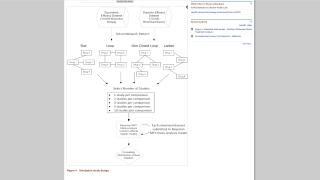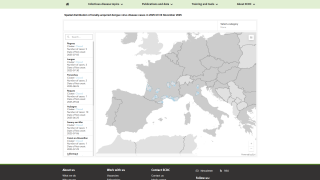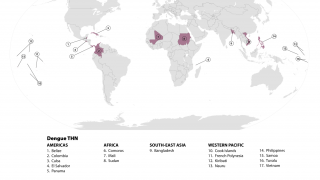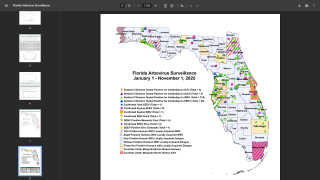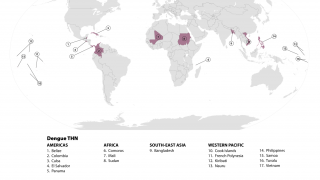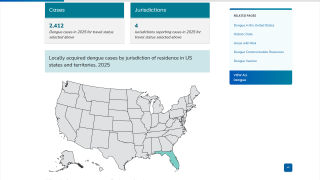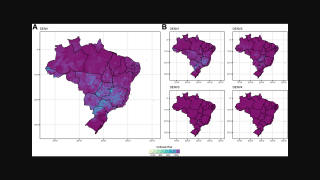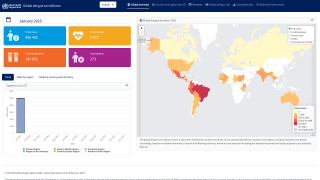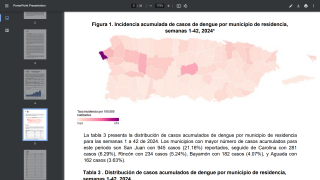Additional Evidence From Brazil Suggests Blood Transfusion-Transmitted Dengue Virus

Over the past decade, clinical evidence has suggested a potential route of blood transfusion-transmitted dengue virus (TT-DENV).
On November 29, 2024, the Lancet Infectious Disease published a Correspondence reporting six dengue cases from two pediatric cardiovascular intensive care units (CICUs) in São Paulo, Brazil.
These children were transfused multiple times following cardiac surgeries for complex congenital heart diseases during the peak of Brazil's current dengue outbreak. Most patients developed fever and thrombocytopenia, and dengue infection was confirmed by NS1 antigen test and serology (IgM positive).
There were four deaths, two of which were complicated by severe hepatitis and two by bacterial sepsis.
These researchers wrote that the blood donors were not screened for dengue but concluded TT-DENV was the most likely source of infection.
Furthermore, 'these cases raise considerable concerns about transfusion safety during dengue outbreaks.'
TT-DENV has been documented in previous epidemics, where dengue RNA-positive blood donations led to confirmed transmissions.
Studies have shown that asymptomatic blood donors with DENV viremia represent a potential source of TT-DENV transmission. Asymptomatic infections account for a substantial proportion of cases during large outbreaks, making them difficult to detect through routine screening.
According to these researchers, nucleic acid testing (NAT) has proven to be a more reliable method for detecting early-stage infections when viral load is present. Yet, widespread implementation of NAT remains limited in dengue-endemic regions, such as the Americas.
With DENV viremia rates reported in up to 5.5% of blood donors during outbreaks, 'it is imperative that we reevaluate current blood safety protocols.
Given Brazil's status as a hotspot for mosquito-transmitted diseases such as chikungunya, dengue, and zika, 'we urge health authorities to prioritize introducing more rigorous blood screening measures during outbreaks, such as targeted NAT, to safeguard transfusion recipients.'
'Failure to address this risk could result in a hidden epidemic of TT-DENV during dengue outbreaks in patients receiving blood products, particularly those who are more susceptible to severe disease.'
This new study and the previous studies may impact blood donation activity on Florida's southeast coast, Texas, and throughout Puerto Rico, where dengue has become endemic.
On November 25, 2024, the Texas Department of State Health Services reported the first locally acquired case of dengue virus in Cameron County. Also, there have been 106 travel-associated dengue cases, including one death reported in Texas this year.
Just across the Rio Grande River in south Texas, Mexico has reported about 500,000 dengue cases in 2024.
According to the Red Cross website, as of November 30, 2024, blood donations are tested for multiple disease markers, but not dengue, chikungunya, or zika.
Note: This article was fact-checked, edited for tone, and updated on Dec. 2, 2024.
Our Trust Standards: Medical Advisory Committee



